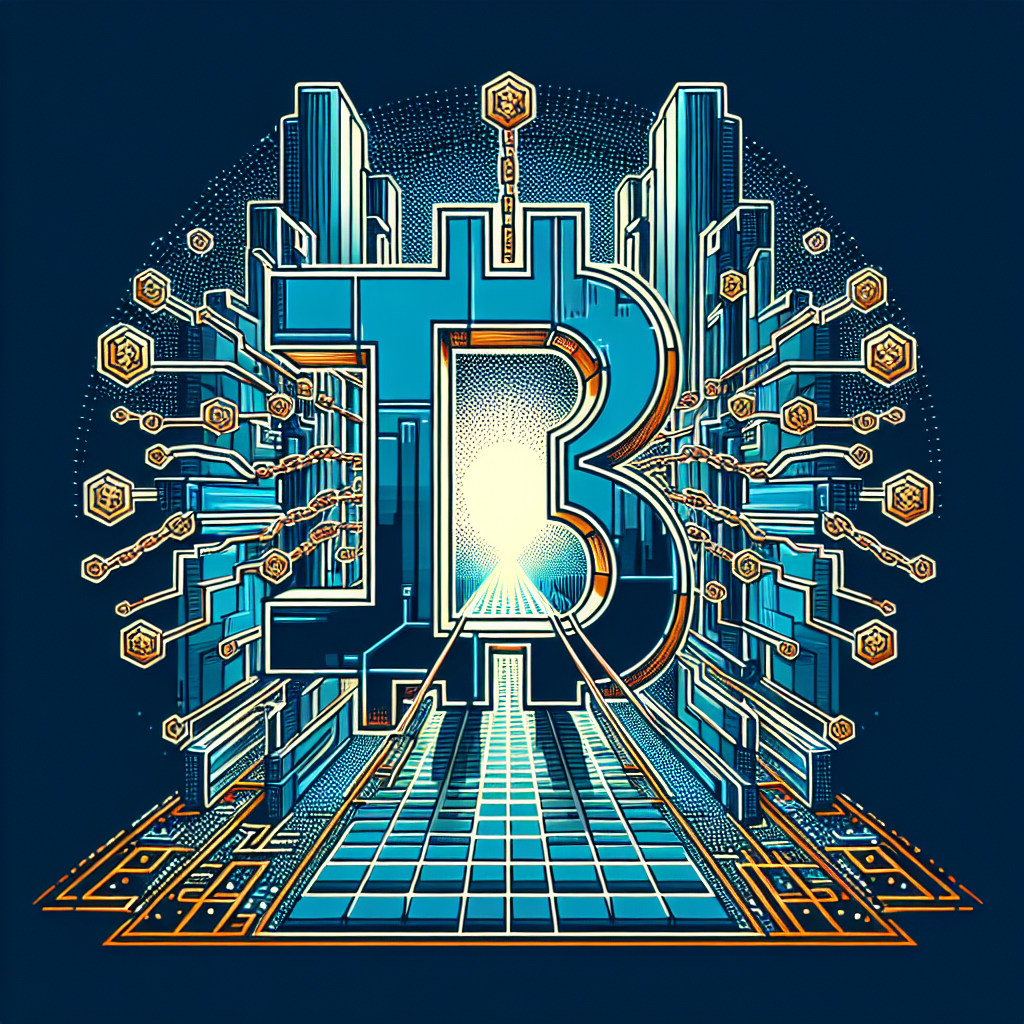Sony Group’s three blockchain-focused companies have officially launched the Soneium mainnet, ushering in a new era for Web3 and NFTs. Soneium, introduced by Sony, aims to simplify the complexities of blockchain technology, making it easier for everyday internet users to connect with creators in innovative ways. However, the platform has sparked controversy by blacklisting certain tokens, prompting discussions about the balance between regulation and decentralization in the blockchain space.
Soneium operates as a public blockchain network, where transactions are recorded on a digital ledger verified by multiple participants, rather than a central authority. Sony envisions Soneium as a platform to “Realize the Open Internet that Transcends Boundaries,” allowing hobbyists and established creators alike to leverage the benefits of Web3. Additionally, Soneium serves as a Layer 2 solution for Ethereum, enhancing data processing efficiency on the primary Ethereum network.
Leading up to the mainnet launch, Sony established Soneium Minato, a testing environment for developers to experiment with applications without risk. The testnet garnered impressive numbers, with over 14 million accounts and 47 million transactions. Through the Soneium Spark incubation program, Sony selected 32 projects from 1,700 applications, showcasing a strong interest in innovative ideas within the blockchain space.
Several standout projects emerged from the Soneium Spark program, including Flickplay, a consumer platform for interacting with top franchises, MintPass, a travel recommendation network utilizing NFT souvenirs, PunkgaMe, an on-chain multiverse for manga creators, and ServeUp.ai, pioneering AI-to-human payments.
NFTs play a central role in the Soneium ecosystem, offering built-in tools for creators to issue limited-edition pieces and reward players in the gaming industry. Sony’s collaboration with Ghost in the Shell, a popular anime franchise, is set to launch special edition NFTs in February, providing fans with exclusive content and interactive storytelling experiences. Additionally, SNFT Inc. is introducing a fan marketing platform to streamline NFT campaigns, simplifying user engagement through social media logins and integrated tracking features.
Despite its innovative features, Soneium has faced criticism for its decision to blacklist certain tokens, including memecoins and those conflicting with Sony’s intellectual property. Some argue that this move compromises the decentralized nature of blockchain technology, while others view it as a necessary step for regulatory compliance and IP protection.
In conclusion, the launch of Soneium’s mainnet signifies a growing interest in NFTs and Web3 technologies, with a focus on user-friendly tools and diverse use cases. As the platform evolves, collaborations within the NFT space are expected to flourish, inspiring artists, developers, and fans to explore the possibilities of digital ownership and community engagement. The balance between decentralization and compliance will continue to be a topic of discussion as Soneium paves the way for a new wave of innovation in the blockchain industry.

